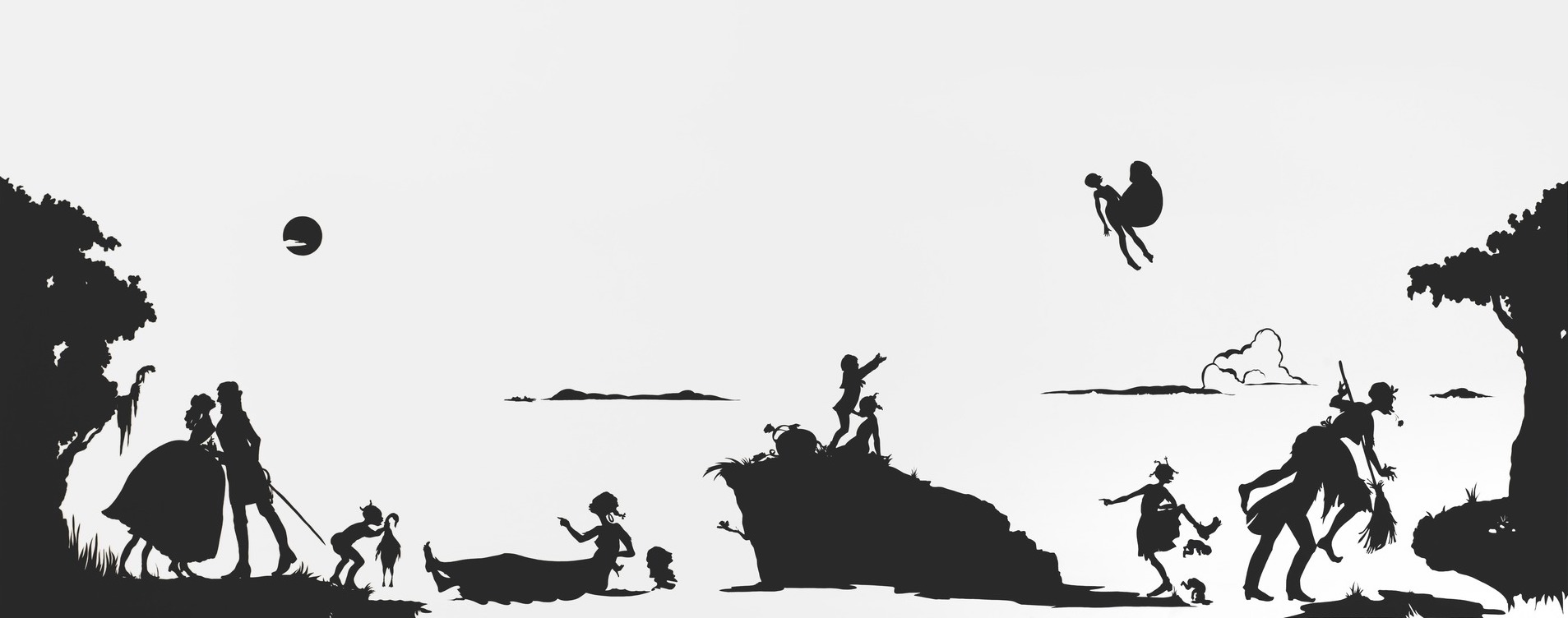In 1966 Stokely Carmichael wrote that the “white activist” had “failed miserably to develop the movement inside of his own community.” For Carmichael, the ability of African American’s to obtain equality was dependent upon the willingness of white liberal allies to commit themselves towards a different type of activism, one that was not easy–one that challenged the status quo in meaningful ways and in their own communities.
Below are two of the quotes from Korver’s piece, titled Privileged:
“I know that, as a white man, I have to hold my fellow white men accountable. We all have to hold each other accountable. And we all have to be accountable —period. Not just for our own actions, but also for the ways that our inaction can create a “safe” space for toxic behavior.”
“The fact that inequality is built so deeply into so many of our most trusted institutions is wrong. And I believe it’s the responsibility of anyone on the privileged end of those inequalities to help make things right. So if you don’t want to know anything about me, outside of basketball, then listen — I get it. But if you do want to know something? Know I believe that. Know that about me. If you’re wearing my jersey at a game? Know that about me. If you’re planning to buy my jersey for someone else…… know that about me. If you’re following me on social media….. know that about me. If you’re coming to Jazz games and rooting for me….. know that about me. And if you’re claiming my name, or likeness, for your own cause, in any way….. know that about me. Know that I believe this matters.”
Korver’s comments presented in this piece were, in some ways, a direct response to Carmichael’s criticisms of white liberals in the mid-1960s. Korver was not suggesting that white liberals are the only hope for the equality of African Americans. However, he was stating that they hold a responsibility to “opt-in” and choose to combat racism when they encounter it. He is re-framing the importance of white allies who need to continue to focus on monitoring themselves and others (while also listening!), a challenge that must be met by choosing to confront those closest to them within their own communities. I think Korver’s article does a good job of rising to Carmichael’s challenge.
Here is the link if you are interested:
https://www.theplayerstribune.com/en-us/articles/kyle-korver-utah-jazz-nba

I also read the article in the Player Tribue by Kyle Korver and also saw an interview with teammates talking about similar topics and to another incident regarding Russel Westbrook in Utah. For Korver, I feel like it was a great demonstration to come forward and really put himself out of the norm and speak out (which should not be the norm). It shows he was also able to reflect on how he did not react in the past. I say this because of Korver details an incident in the past that also happened with one of his close friends, for Atlanta Hawks and current Utah Jazz Teammate Thabo Sefolosha. Thabo, an NBA veteran of South African and Swiss descent, had his leg broken during an incident with police at a point in time and the coverage and media surrounding it was almost non-existent. Not one of Thabo’s teammates including Korver was able to speak on the occurrence and it was merely brushed over. Circling back to the article and interview about inequality, Kyle was able to regroup and not make the same mistake he did in the past while also addressing the issues at hand. I love that someone else saw the piece and spoke on it because I do not feel I would’ve been able to voice the connection between Carmichael like you did. Kudos.
Here is a longer look at an interview with Korver, Sefolosha, and some other issues talking about racism in the NBA:
https://www.youtube.com/watch?v=rn6CVpmmrno